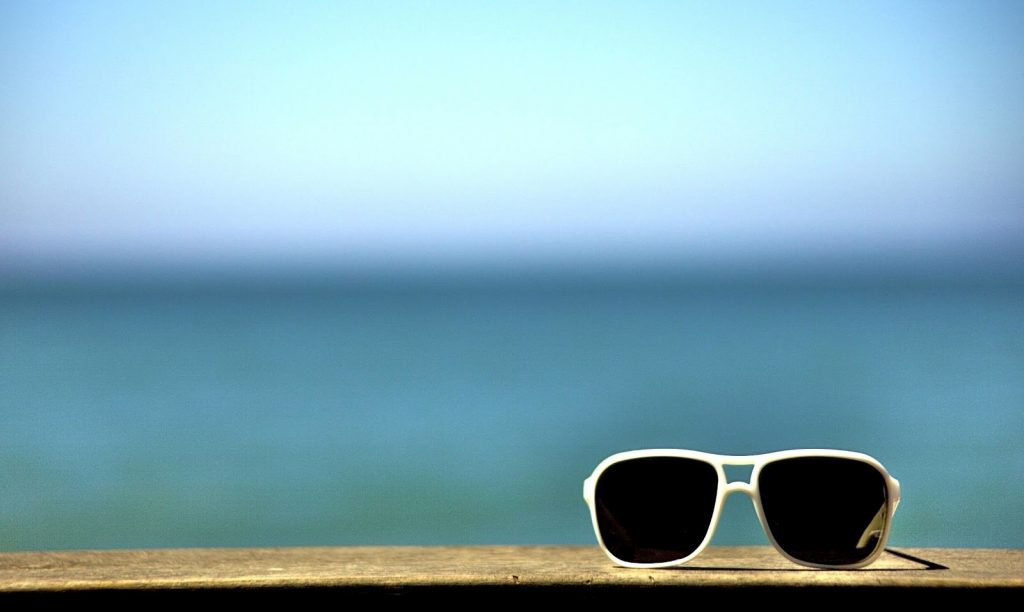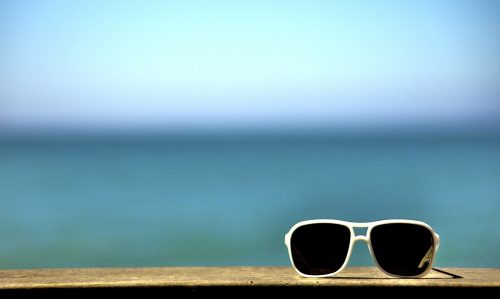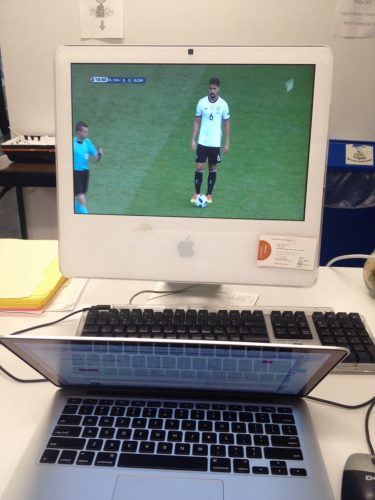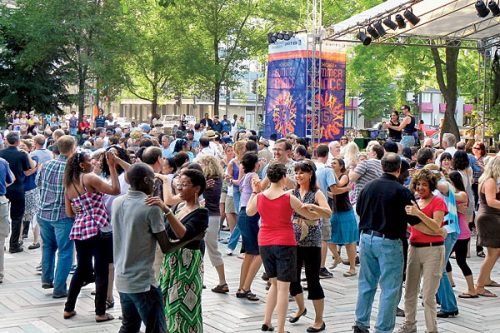
Summertime?

Summertime?!
Commencement is over. I said goodbye to the graduate student experience of the past two years and welcomed a new one. I am entering a new phase, which correlates with the beginning of the summer semester at Columbia College Chicago. But what does that actually mean? Columbia follows a semester schedule; therefore, summer semester is considered optional. So what do people actually do? And what does the summer semester mean for Dance/Movement Therapy and Counseling students?
Working at the Office of International Student Affairs, I can say that Columbia slows down a lot during the summer semester. Fewer students are on campus and most offices close earlier (5 p.m. instead of 7 p.m.). There are also some student spaces (e.g. work room) which are closed throughout summer. This gives offices the time to reorganize, catch up with work, and prepare for the next academic year.
Columbia also seems to use this time to move offices into different buildings. Luckily, my office does not have to move, so I spend most of my time sorting through boxes of “stuff” (documents, flyers, handouts, etc.) that have been accumulated over the academic year. For the past three weeks, we also used our freedom to watch the European Cup in soccer together. I always enjoy this time of the year, because it allows you to stay more present in the moment and to appreciate the relationships you have with your coworkers.

Hard work…
While the summer semester seems to be a nice breather for the rest of the campus, there is actually more work for students from the Dance/Movement Therapy and Counseling program. For students starting their program at the beginning of August, the summer semester is filled with a three-week intensive program. Each week consists of one class (Social and Cultural Foundations, Introduction into Body/Mind, Introduction into Laban) and students are on-campus from 9 a.m. to 5 p.m. It’s intense.
Students entering their second year in the program are starting their field placement, gaining first experience as dance/movement therapists by interning two days a week. In addition, they have classes once a week, including clinical supervision. Entering a new field and gaining first hands-on experience in clinical work can be quite challenging. I remember that I felt completely exhausted at the end of the week, both emotionally and physically. I was yearning for those three weeks at the end of August, which would be my “summer vacation.”
What about third year DMTC students? I just graduated so I should have plenty of time to enjoy my summer, right? It’s true that it feels like I can finally enjoy my summer after two years of “hell.” (Don’t get me wrong. I love the program and would do it all over again if I could. But I feel like I need a sabbatical year to recuperate from all the exhaustion). However, most of us third years are either in the process of finishing or starting the thesis process, already working in the field, or completing our final summer class. Many are doing all these at the same time.

Chicago SummerDance: Free dance classes Friday, Saturday and Sunday till the end of September!
What does this tell me? When you start this program, you begin the process of becoming a professional. And just like most professionals, I have to say goodbye to the privilege of enjoying three months off during summer. This does not mean that you won’t be able to enjoy summer anymore, but the way you might do it shifts.
I started to appreciate my time much more. I also became more aware of the little things at work that make me happy or put me in a summer mood. So, there still is a feeling of summertime—a new feeling of summertime. And if the world around me refuses to slow down and relax, it’s up to me to slow down and relax myself.
